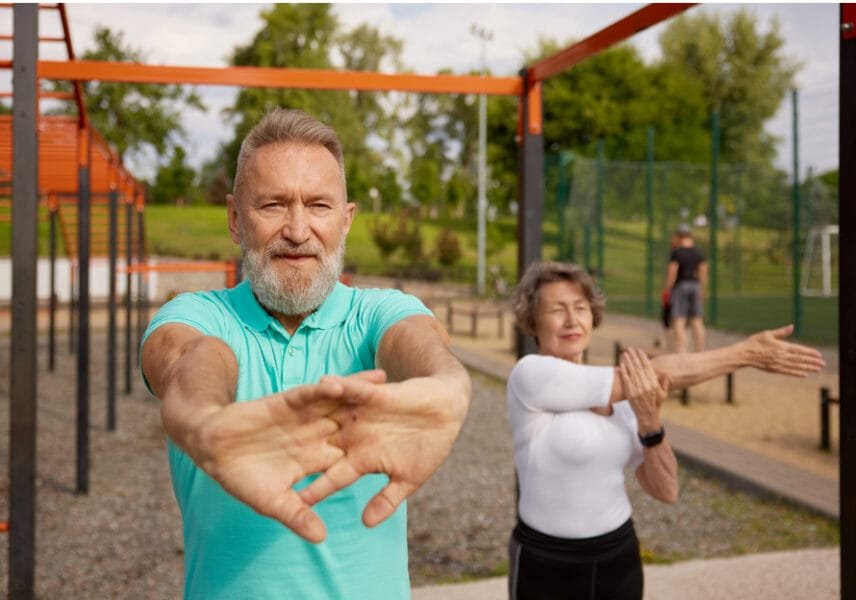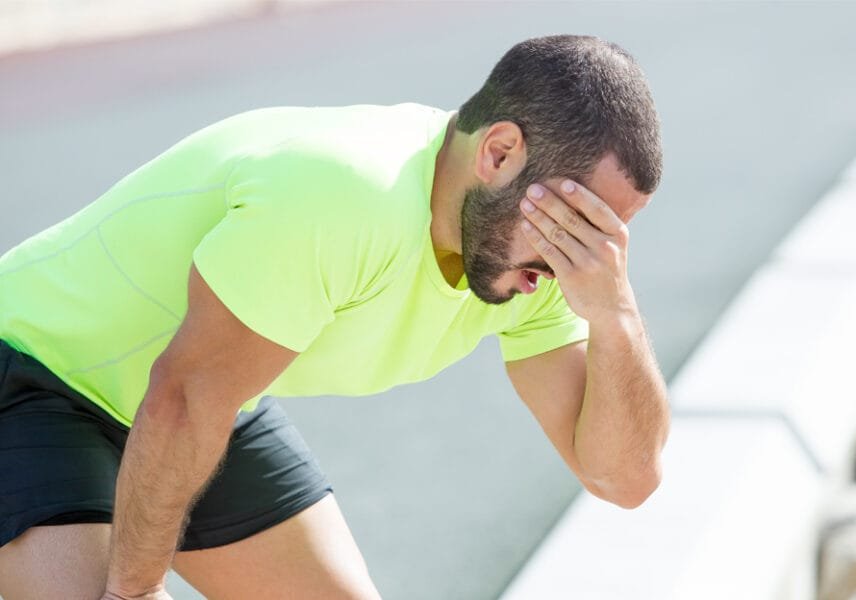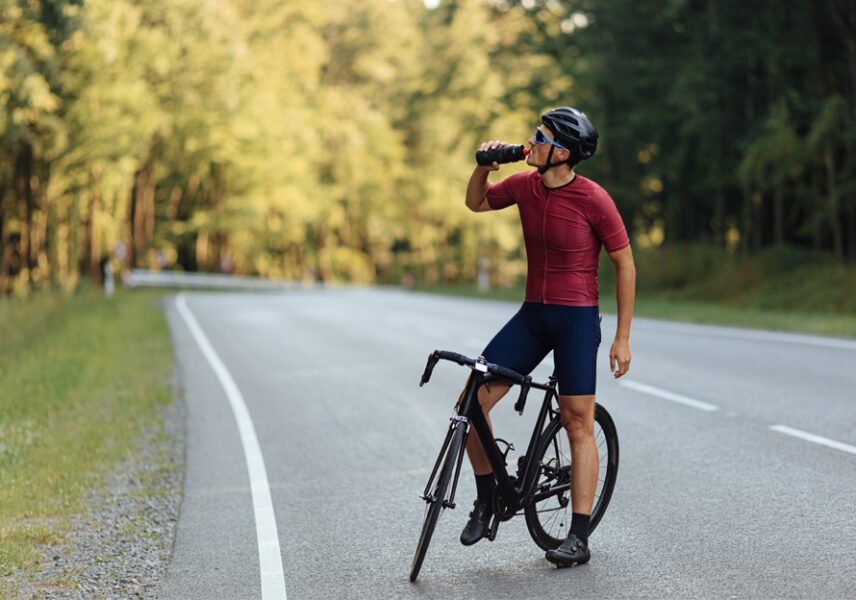We decided to write a little guide on how to stay motivated in the off-season, in such a particular year. On the other hand, the 2020 sports season was little more than a flash: many complain it never started. Professionals have cautiously searched for the few “safe” competitions, i.e. not at risk of cancellation, to the point of participating in events that are very far from home or that normally would not have been on their calendar.
We found ourselves catapulted into the Off-Season with just a few races under our belt and even earlier than expected given the restrictions in force in many regions of Italy. Nonetheless, resting, perfecting technique and improving power must remain the rituals of winter. But with swimming pools and gyms closed, everything becomes more complicated and with the uncertainty for the season to come it is essential to find stimuli and goals for your mental condition.
REST FOR PHYSICAL RECOVERY; PLAN FOR MENTAL RECOVERY
If you have been training hard, the first thing to do is take a complete break. Normally 7, 15 days can be enough to then leave calmly. What makes the difference is planning: knowing what to do after the rest period puts us in a position to live it with the right amount of serenity, enjoying idleness and the occasional guilty pleasure. Only in this way does the stop guarantee us mental benefits. But what happens to our body when we stop training?
Studies demonstrate that short detraining (short is defined as an interruption of less than 4 weeks) does not lead to a significant reduction in the expression of strength nor a loss of muscle fibers. Aerobic capacity undergoes a marked contraction, in terms of VO2max threshold and blood volume. Don’t let yourself be scared: recovering the previously acquired condition will be within reach. By resting, we will give our joints and muscles a gift which will start important repair processes. This is due to a substantial change in the way the body produces energy during periods of inactivity, having greater glycogen reserves and better muscle reserve available. Returning to training, then, the body will mainly make use of carbohydrate metabolism rather than lipase, an optimal condition for dedicating itself to strength and strengthening exercises.
FIND NEW GOALS
Knowing where you want to get to is essential to not lose motivation, especially in a year like this. Of course, a new period of seclusion is not good for one’s mood and setting goals becomes essential to not let oneself get discouraged. All the intermediate steps are still available, i.e. the personal improvements to concentrate and find goals to achieve. It’s time to demonstrate your attachment to the practice by learning to enjoy the “journey”, the workouts, even the core work done on a mat in your living room. This is sport and not just the intense moments of competition.
Cyclists and runners also have new equipment at their disposal to meet online, rollers connected, treadmills and software like Zwift to have fun together.
WORK ON THE WEAK POINTS
In the off-season it’s time to improve by starting from the basics. The “transition” months must be faced with relative calm, putting aerobic training on the back burner. For triathletes the choice is normally to dedicate themselves to the most lacking fraction, with pool sessions (dedicated to technique) and a couple of sessions in the gym for strengthening. Runners and cyclists will have the opportunity to review the preparatory training and strengthen themselves, perhaps in the weight room. But what to do in a year like this, with swimming pools and gyms off-limits?
There are many trainers who have opened profiles or pages dedicated to home-training. Following them is an opportunity to support a category seriously affected by the 2020 restrictions, learning some new tricks and exercises. Circuits for the core, suitable for strengthening the control muscles, the abdomen and the lumbar dorsal muscles; joint mobility or postural exercises (e.g. pilates) can be done easily at home. The same goes for strengthening exercises as long as you have the minimum equipment such as elastic bands, rings, kettlebells and bags. Many of which can be easily stored in the wardrobe. New equipment is also available to simulate swimming, while preparatory running requires not too much space to be performed.
TAKE ADVANTAGE OF YOUR TIME FOR TUNING
Especially those who do endurance sports know how difficult it is to organize their training without sacrificing aspects of their life. Time is an extremely important resource. The Off-season is a privileged time to dedicate yourself to everything that you won’t have time to do in the busiest moments. Bike maintenance; bike fitting, replace gear, wetsuits, costumes, shoes without being forced to buy the first available product.
Whatever your routine will be this winter, the important thing is not to give up. Sport is us!
 13/01/24
13/01/24 3
3





